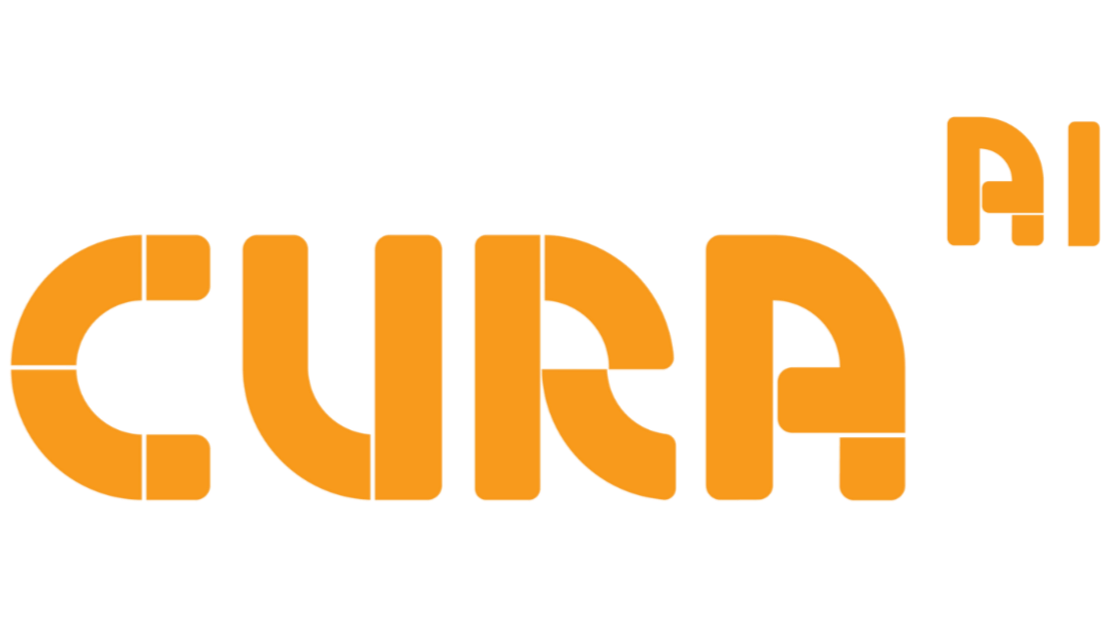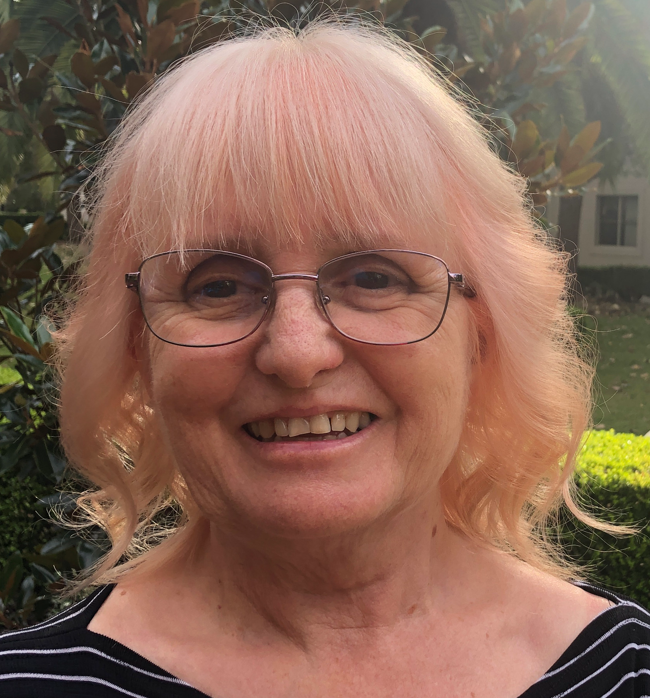Iterate, iterate, iterate
Making PBL work at St Joseph’s College Hunters Hill
Thea Van Os – Learning and Innovation Coordinator
The last two years has been a tumultuous time for everyone - particularly for those working in education. Paradoxically, it also been a time of great learning, collaboration, and reimagining at St Joseph’s College Hunters Hill (fondly known as Joeys).
They say that necessity is the mother of invention; this has been true of our experiences with remote learning. The challenge of making learning engaging and meaningful has encouraged staff to adopt more innovative approaches to delivering their content. This has generally meant incorporating more real-world units into their curriculum. We’ve found that these projects help transform the somewhat isolated and mostly independent experience of learning from home to a more immersive experience that fosters collaboration and deep learning.
PBL at Joeys
As a College, we aren’t new to project-based learning. It is something we have tinkered with on and off over many years. We’ve tried many different approaches, each of which have brought fresh challenges. But the same ethos which underpins how we want students to approach these units – learning from what didn’t work to iterate and improve their work – has stood us in good stead in our planning.
Though our journey with project-based learning has not been linear, it has been refined continuously thanks to the enthusiasm and energy of the staff involved. There are always obstacles to overcome when introducing a new pedagogical approach – competing interests, lack of planning time, staff movements. Yet now we are in the enviable position of being able to embed our Teaching & Learning Framework – built on the Teaching for Understanding approach of Harvard’s Project Zero – and our own school-developed student learning dispositions.
As a school, we are continuing to explore how we can develop innovative ways for students to demonstrate their learning. We also want to balance curriculum teaching with the development of student general capabilities and digital literacy skills. We’ve used a mix of school-developed programs to match the varying skill levels of our teachers, and collaboration with industry and educational experts (like Cura!) to help us develop curriculum units.
Iterating our way to success
A good example of how our approach has changed can be seen in our first attempts at implementing project-based learning. We aimed to create a cross-curriculum unit with English, Mathematics, Religious Education, and Science working together to create a colony on Mars. Though we had grand plans, the practicalities of making this work meant our visions couldn’t quite be realised.
Timetable and class structures meant that some departments could not be involved and eventually this project morphed into a program run only by the Religious Education and Science faculties. Over the years this has been further refined to a Science-only project. And we’re increasingly embracing the ideal of single-disciplinary approaches to project-based learning, based on the research that creativity is borne out of disciplinary knowledge.
We’ve also refined our programs which have been designed by our partners, including Cura. Working with outside organisations ensure our projects are more authentic. It’s also helped accelerate our learning about the best way to make PBL work at Joeys. But to get the most out of these partnerships, we’ve had to be prepared to give the programs time to evolve and to adopt a mindset of iteration between projects.
A good example of this is a Life of Pi unit which we have run in English. The first time we implemented it, we had less time than we thought to deliver it. And between end of term assessments and the other events that make up College life, teachers had little time and energy to fully immerse themselves with the unit and get comfortable with a different approach to delivering the curriculum. But when we ran a second unit later in the year – this one built around the concept of heroism – we had both more time and more experience. Teachers were much more comfortable with the new approach and could guide staff who were embarking on a PBL unit for the first time.
We could carry these lessons into the next year to keep iterating these units and how we approached them. We ran Professional Learning with staff to help them engage deeply with the unit, rather than having to wrap their heads around it on the run. There was greater involvement from those who had taught it the first time to ensure that the unit aligned with our teaching and learning objectives. For the Life of Pi unit, we decided to tweak the overall driving question to focus on how filmmakers create truth. This narrowed the project focus to ensure students could more closely understand film techniques and create solutions that demonstrated this understanding. We then adjusted the final product based on what our final assessment required. This balanced curriculum demands with ensuring an authentic and engaging final task for students
Key lessons
We’ve learned that the key element to making any curriculum change work – not just a change relating to project-based learning – is to iterate, iterate, iterate. We don’t expect our initial attempt to be perfect, but we instead approach a first attempt with an open and learning mindset. We’ve also made sure that key staff have ample time set aside before and after a new curriculum unit for planning and revision. This gives them the headspace immediately after a unit has concluded – while it is still fresh in their mind – to make the changes for how to improve it next time around.
We’ve also benefited from trying various student-centred initiatives outside the more restrictive confines of core classrooms. These extra-curricula programs have created fertile breeding grounds for new ideas and approaches which can be tested in ‘lower-risk’ settings. They are the ideal environment to experiment with more innovative ideas. At Joeys, we’ve run programs ranging from Design Thinking-based problem-solving units for our high potential learners, through to our ‘Wicked Learning’ program that encompasses everything from STEM challenges to creative expression, dance, and compassion projects. These programs give teachers the chance to immerse themselves in new teaching experiences. But they also plant the seeds of change that we hope will continue to usher in more innovative approaches to teaching & learning across our school.
Our story is therefore one of continual change and renewal to ensure the best outcomes are achieved for our community. We encourage other schools to adopt a similar mindset as they embark on a journey of implementing more innovative teaching & learning practices.
Do you know an educator who wants to implement PBL in their classroom? If so, please share this article with them!
If you want to learn more about how Cura can help you implement a successful PBL program, get in touch at hello@curaeducation.com.


